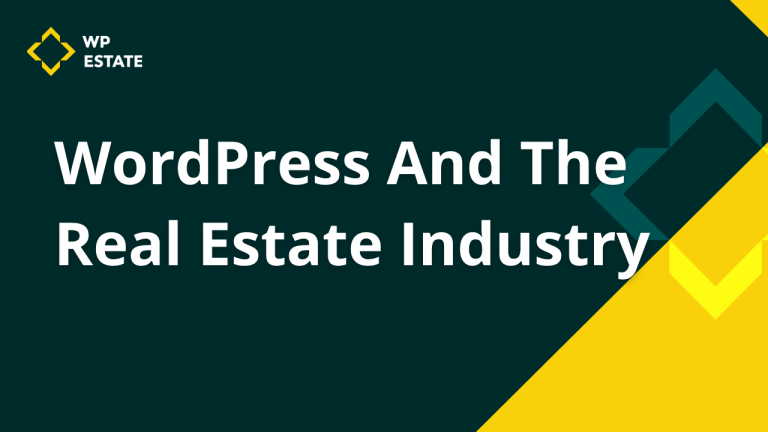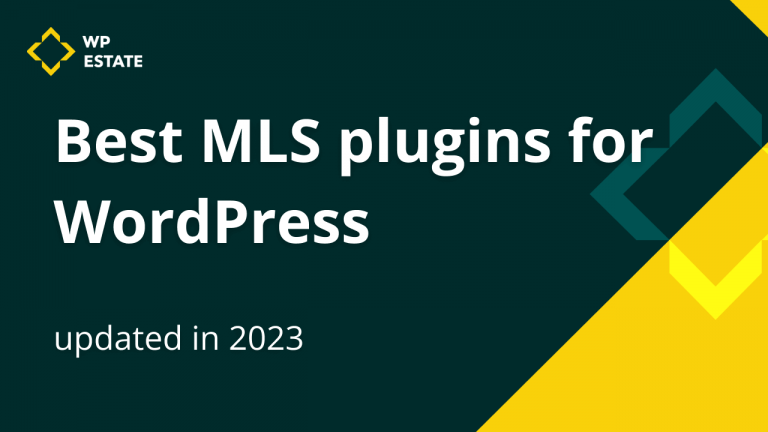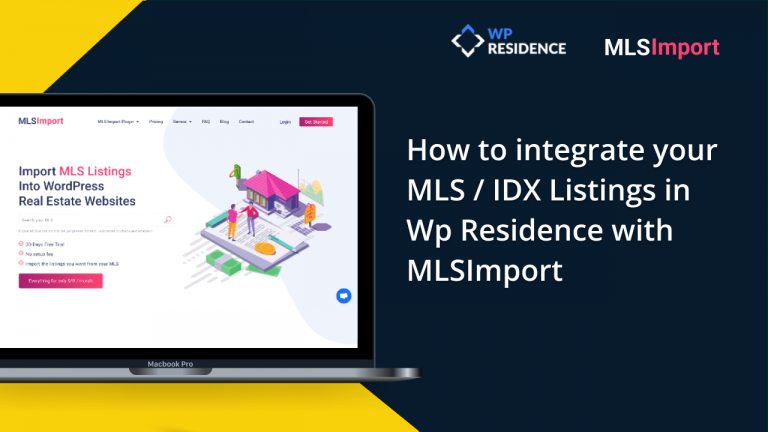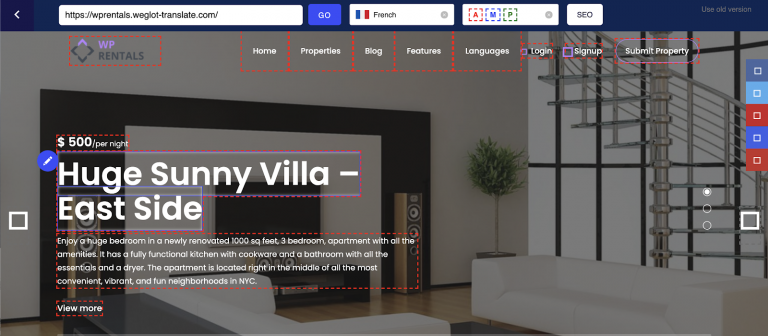If you’re starting out to build your very own real estate website, there are a few things to consider; the types of pages your real estate website needs, what to focus on when building them and the best type of content to use for these pages.
Luckily enough, this is a pretty straightforward task and if you follow the guide below you’ll get your site up & running in no time. Here’s our list of the six pages every real estate site needs and how to optimize them.
1. The Home Page
The home page is the hardest page to design for any website, even more so for a real estate website. You might feel a need to fill it with relevant information, articles, pictures, infographics but you should do the opposite – keep it as simple and uncluttered as possible with plenty of white space to go around.
Slideshows are quite easy to implement on WordPress sites nowadays if you’re using a proper plugin or a proper real estate theme.
Video headers for real estate websites are also highly popular and accessible to implement, even if you’re not tech savvy. If these options seem too complicated, you can opt for a landscape photo of your city or area – just make sure you pick a good quality photo that’s not hard on the eyes and keeps the text visible at all times.
What you can include in the homepage:
- Search box for properties or listings
- Banners or graphics linking to featured pages
- Your most recent blog posts if you plan to update it regularly
- A welcome message for visitors & users
- A simple contact form for lead generation
2. About us page
The about page is the most viewed page on any given site, after the home page; it’s also one of the hardest pages to write and design. Our article on how to write the perfect real estate about page should come in handy at this point since the about page is usually the worst written page on most websites.
Many realtors feel uncomfortable writing about themselves and being open on a public website but that’s one of the keys to a great about page.

Tips for your about page include:
- You can include an FAQ or Q&A about you
- Tell your story and tell it from the heart – write about what got you into real estate and why you love being an agent
- Write it in the first person
- Include personal photos or hobbies
- Research other about pages that resonate with you
3. Resources page
Every real estate website should have a resources page since this is a great way for realtors to build credibility and set themselves apart in the business. It’s also a great way to get return visitors which will most likely turn into clients. Remember to keep your resources page in depth and interesting even for non-clients.
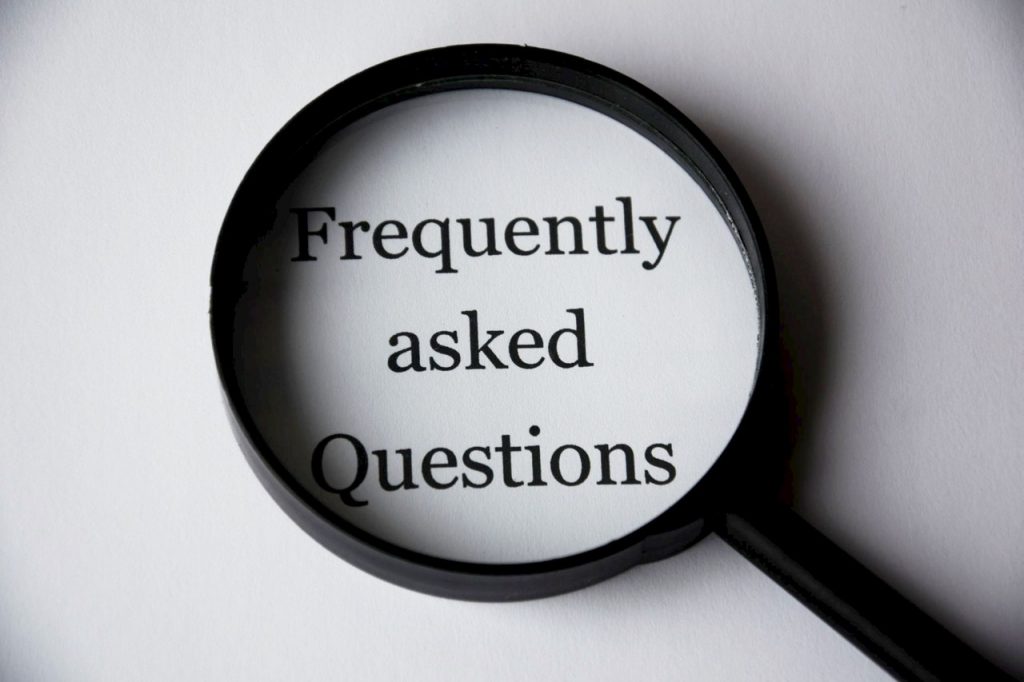
Ideas for a great resource page include:
- Reviews of restaurants and other establishments in your area
- Community events
- Real estate FAQs & glossary terms
- In-depth articles on real estate trends
- Articles on niched properties
Build a page that will simply help visitors, not just potential clients but all visitors. It should be educational, fun and easily accessible.
4. Testimonials page
Testimonials can either make or break any business – they are an essential part of any marketing strategy and you should definitely include a testimonials page on your website. By doing so, you’ll let potential clients know you were able to help other customers before. It gives you a ton of credibility and it also creates a connection with a potential client.
When designing your testimonials page, don’t just add blocks of text – include photos of your client whenever possible and details regarding their purchase where appropriate. Where possible, you should also include testimonials in your sidebars.
5. For buyers and for sellers
Most realtors opt to use copy-content on these two pages – a big mistake. People will see these pages and know that you work with both buyers and sellers but that won’t convince a homeowner or buyer to work with you. Try to devote some time and effort and make these pages stand out as original, valuable pages.
You can include specific Q&As or FAQs for each individual page or case studies of how you helped homeowners or buyers through different situations. Adding testimonials & short contact forms on these pages is also a great idea. This extra bit of content will make your pages stand out and increase the likelihood of gaining a client.
6. The contact page
The contact page is one of the most important pages on your website, after the home page and the about page. Most contact pages look similar which makes sense considering there isn’t a lot of extra information that should be included on a contact page.
Here’s what you should include in the contact page:
- Your phone number
- Your address
- A photo of you
- Your e-mail address

You can also go with including a form that will make contacting you much easier. You can also add a map with directions to your office if you think it helps.
These are the basic bare-bone pages every real estate website needs. Should you create more pages for your website? Probably. Property listing pages, a blog page, a real estate FAQ page are all great page ideas for your new website.
Optimizing your pages for visitors & SEO
Once you built the pages above it’s time to optimize them for your customers. Here’s how to do it:
1. Optimize your titles
The title of your pages needs to be centered around its content and the city or region where you’re activating. This tells search engines and visitors what the page is about. Always remember to write your titles with the reader & search engine in mind.
A great example for the homepage title can be [brand]Real estate(in)[location].
2. Meta descriptions
A meta description is a short description of your page that appears under the page title on SERPs. It should be around 250 characters long and include the main keyword of the particular page. Writing individual meta descriptions for your pages can boost click-through rates, so it’s well worth it.
3. Keyword density
Keyword density refers to the number of times a certain keyword appears in the text of a particular page. There is no clear rule on keyword density but as a rule of thumb you should keep it around 3% or include your keyword at least 3-4 times in a piece of text. Keyword stuffing can get your site penalized by search engines.
4. Content
Make sure your content for each individual page is at least 500 words long in order to get a better standing with search engines. Your in-depth articles can be longer than that – the longer the better.


